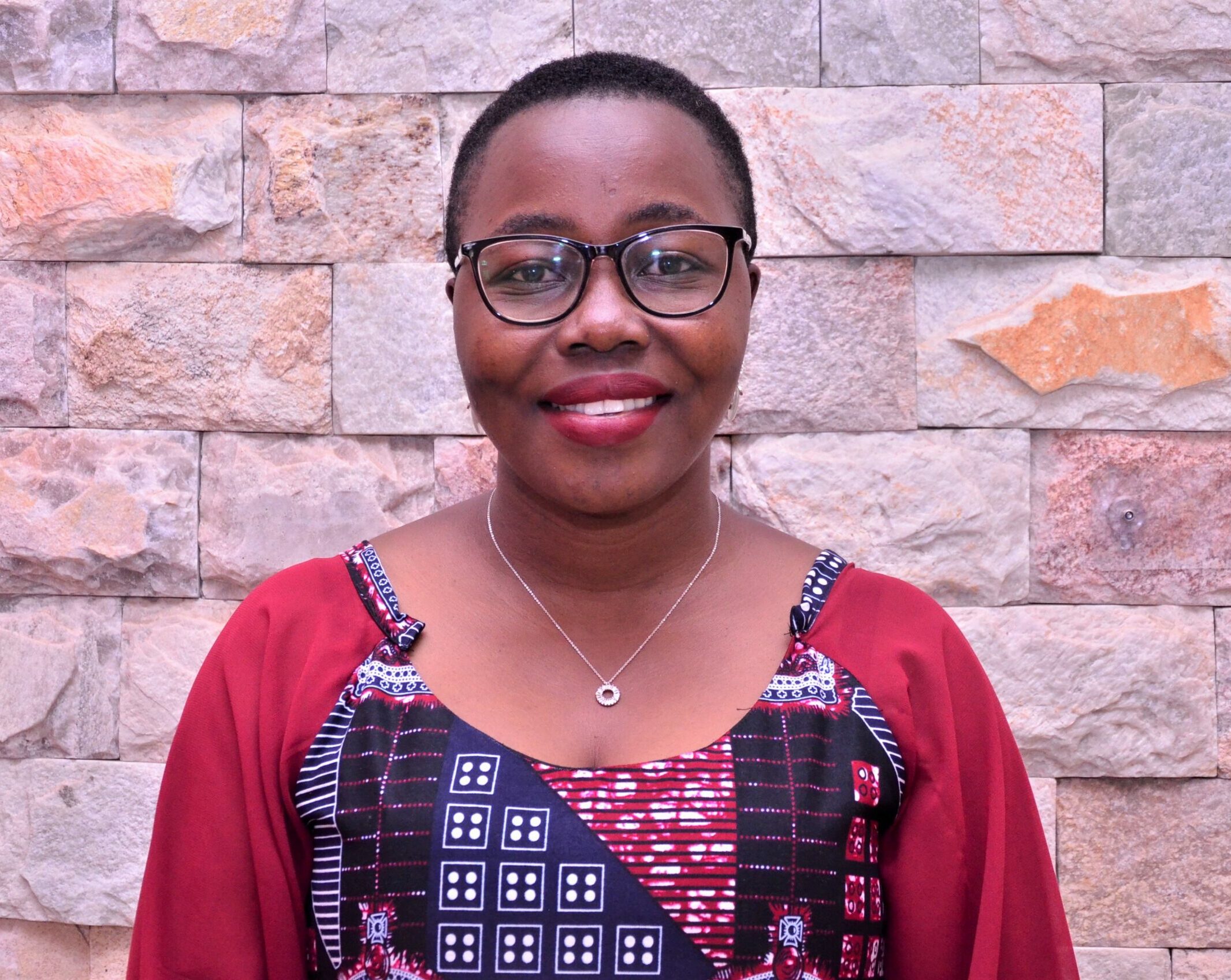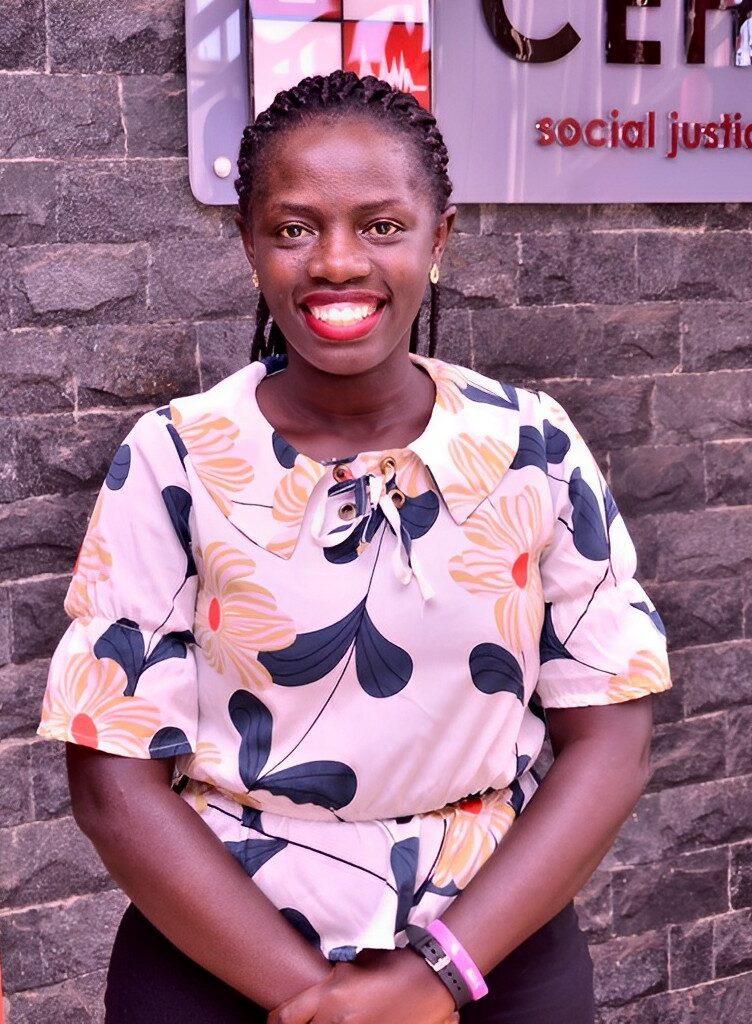By Kitandwe Rhodine
With young people constituting the greater part of Uganda’s population, any health system that does not respond to their health needs misses an opportunity to transform its community. National Development Plan III recognizes the important role that young people play in fostering economic transformation of this country. However, to be able achieve this, young people’s Sexual and Reproductive Health must have been addressed. A healthy and productive population is a critical driving for the realization of demographic dividend. This, 12th of August, the international community is celebrating the potential of youth as partners in today’s global society. This day is celebrated under the theme, “Green Skill for youths: towards a sustainable world”. While green jobs are critical in achieving the demographic dividend, young people’s health is a key driving force in enhancing their productivity. The youth day therefore provides an opportunity for the country to reflect on the sexual and reproductive health of young people as a driver for economic growth.
Further, for a country like mine to be able to rethink its sustainability, especially with the fast-growing population of young people, improving its legal and policy framework on SRHR for them is key. In doing so, the government needs to put into consideration their unique sexual needs as well as invest public resources in the realization of the right to health. This will assure them a functional public health delivery system which is critical not just for the young people but the poor and marginalized communities in our society. A study by the world Bank demonstrated that young people are among the poorest strata in our community and as such the biggest beneficiaries of a functional public health system.
It is also important to note that one of greatest inhibiting factors to access to health and sexuality information for young people continues is misinformation and contestations of certain populations within the society. Even when sexuality education is provided in schools (which attract about 39% of girls and 38% boys), much of what should be given is not curriculum based. Ideally, there is a lot of information that young people have is from peers and internet yet with the developments in the world, majority of the populace that cannot access this have failed to understand the dimensions of young people. Perhaps, if the government had done much more than it provides and ensured that such information can be accessed in facilities beyond schools, sensitized communities, we would be in a much better place. The cost of inaction in as far as young people’s Sexual and reproductive health is concerned is extremely high.
Teenage pregnancy is currently responsible for nearly one fifth (18 percent) of pregnancies in Uganda and nearly half (46%) of unwanted pregnancies. It is worth noting that teenage pregnancies contribute 20% of infant deaths and 28% of maternal deaths. Access to sexual and reproductive health information and services is extremely crucial for young people.
Many young people see their potential hindered by social norms, cultural attitudes, institutional and structural barriers and violations of their fundamental rights by virtue of their age. Even when they require sexual and reproductive health services, young people often face discrimination and stigma because of societal norms in countries around the world. As a result, that judgement feeds back into health services where young people fear that their confidentiality is not secure or that they will be discriminated against. Discriminatory laws or policies prevent young people from accessing sexual and reproductive services without parental consent, or even allow healthcare workers to deny services based of their own religious beliefs.
As we commemorate the International Youth Day, we need to reflect on the need to transform the public health service delivery so as to be able to service the health needs of young people. We need to embolden young people, create for them platforms to engage in decision making and contribute to national discussions and development. This way, we will assure them of a sustainable world. The Ministry of Health IN Uganda for example is working in collaboration with the Center for Health Human Rights and Development (CEHURD) will host the Uganda National Conference on Health, Human Rights and Development with a specific focus on the country’s advancement on realising the right to health within the context of the Sustainable Development Goals (SDGs). They have themed it as “The right to Health: A vital component in achieving SDGs” and will hold it between 26th to 29th September. Part of the reason for this conference is to have concrete discussions on building a strong and profound health system that serves all especially the young people. Indeed, with such platforms, the country can assure young people of a health system that serves their needs.
The writer is a lawyer, passionate about Health Rights for young people and working at Center for Human Rights and Development (CEHURD).
A version of this article was first published in Daily Monitor Newspaper on 12th August 2023.



